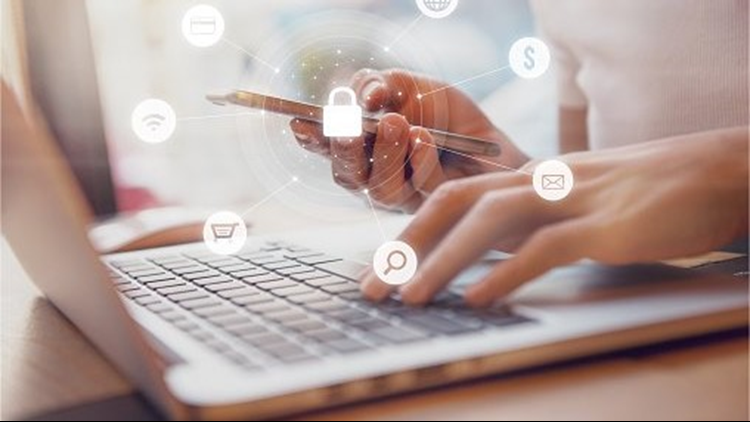ST. LOUIS — A conference to discuss cybersecurity will be held in St. Louis Tuesday. SecureWorld an opportunity for people to learn about security issues. 400 practitioners from the regional security community will be in the St. Louis area for two days of training and collaboration.
5 On Your Side talked to Webster University Assistant Professor of Cybersecurity Programs to talk about ways to keep your information safe. Dr. James Curtis worked in the Clinton and Bush administration. He said there are lots of things people can do to protect themselves.
- Recognizing fake emails
Dr. Curtis said hackers have become trickier about their e-mails. They’ll create addresses that look like it’s from an IT Department but really it’s a scam. They’ll encode malware hidden in adorable photos that people are likely to click on.
- Create strong passwords
Dr. Curtis said passwords should be at least 8 characters long and consist of letters, numbers, and special characters. He also recommends using a Password Manager to keep track of all your passwords. He said not to use the same password for different accounts.
- Protecting your computer and smartphones
Dr. Curtis said everyone should have anti-virus software on their computers to protect their data. All electronics should be password protected. Most importantly, he recommends wiping and resetting your old computers and phones when you upgrade.
- Don’t overshare on social media
Dr. Curtis said people shouldn't post highly sensitive information online. Don’t post pictures while you’re on vacation. “You’ve probably heard the stories, people posting these fantastic pictures of their vacation and they come home and their house is robbed. It’s because they have an open Facebook account, people see that they’re not home and that’s more social engineering. Just be smart about what you’re doing,” he said.
If you do happen to get malware on your computer, you may have to bring it to a professional to have it removed.



